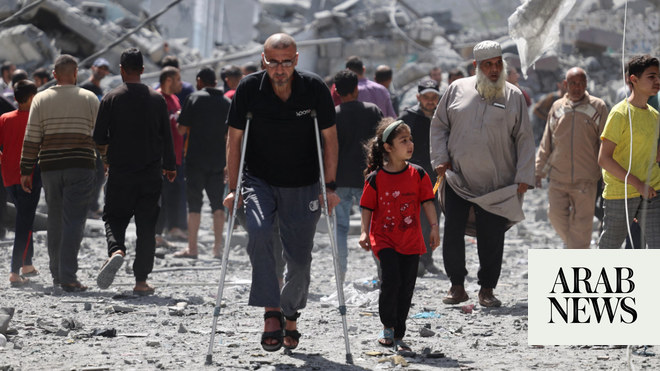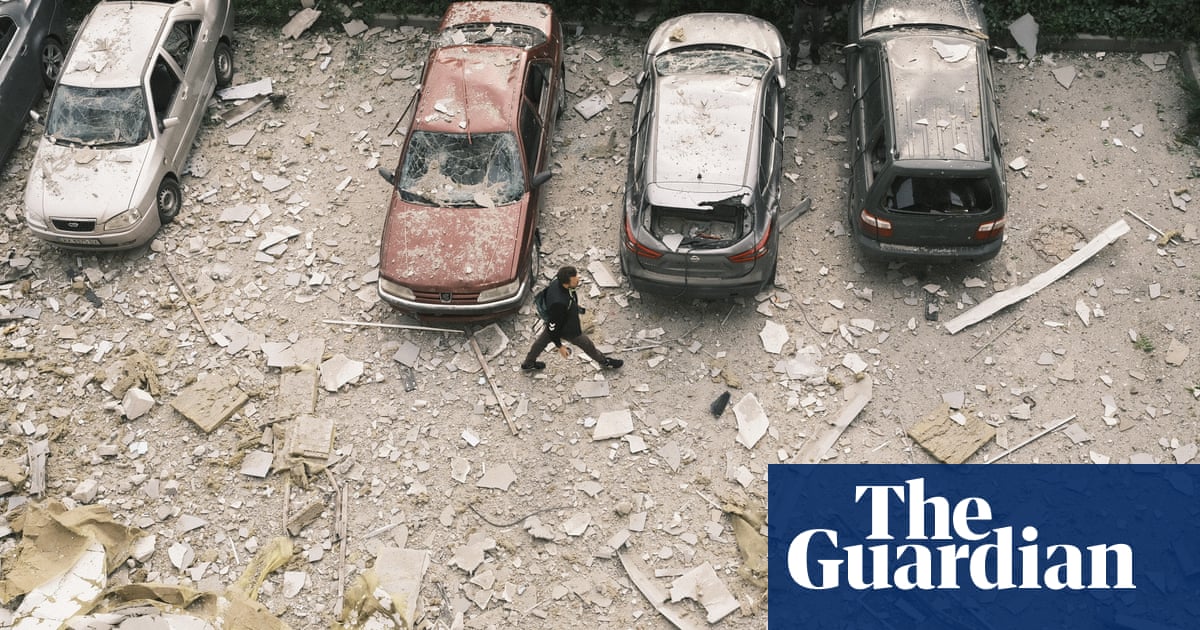
The ISIS terrorist group has declared a “virtual war” against western countries and interests after losing its stronghold of Raqqa in Syria in 2017, said a US report on Tuesday.
American experts said that the internet war will harm western countries because ISIS will be able to recruit members for operations in these countries and not in the Middle East.
“ISIS is now showing the first signs of a regrouping media operation,” said SITE Intelligence Group Executive Director Rita Katz. “The group suffered major setbacks by coalition and (Syrian) regime attacks, but is now clearly taking major steps to reassemble its propaganda operation, which is among its most dangerous weapons.”
At the end of 2017, the group released a photograph of a man wearing a scarf, showing the ISIS logo, with New York City’s Central Park in the background. The photo’s caption read: “We are in your home.”
Later the group released a video on its internet channels on terrorist operations it had carried out. In one of the videos, a narrator says: “It is time to harvest the heads.”
The SITE report, released by the Washington Post on Monday, said that ISIS’ propaganda content “has changed significantly since the loss of Raqqa, formerly home to the group’s official media division and production facilities.”
“Gone are the glossy ISIS magazines and slick videos extolling the virtues of life under militant extremist rule. In their place is a steady stream of incitements, nearly all of them aimed at offering encouragement and detailed instructions for carrying out terrorist attacks,” it added.
Some are amateurish and appear to originate not from studios or official spokesmen, but from bloggers and other volunteers who often are only loosely affiliated with ISIS.
Last week, ISIS’ Amaq News Agency issued its first English-language communiques since mid-September, just before the fall of Raqqa. The first weeks of 2018 have also seen a sharp rise in traffic on pro-ISIS social media accounts compared with previous months, said the SITE report.
The newest propaganda campaign illustrates the difficulties faced by counter-terrorism officials in seeking to stop extremists from connecting with would-be terrorists in the US and throughout the West.
Even after the destruction of ISIS’ stronghold and the successful blocking — with help from private companies — of hundreds of the group’s social media accounts, the terrorists and their supporters continue to find ways to get their messages out, analysts said.
“The depletion of ISIS on the battlefield has not yet translated into the degradation of ISIS in the online space,” said Tara Maller, a former CIA military analyst and senior policy adviser for the Counter Extremism Project, a nonpartisan group that promotes policies to block extremist content online.
“What we see is a continuing effort to engage online and an increased effort to inspire people to carry out lone-wolf attacks.”
US officials and analysts have been watching closely to see how the collapse of ISIS’ “caliphate” would affect the group’s propaganda machine, the driving force behind its rise to global prominence. Beginning in Syria in 2013, the group’s leaders spent millions of dollars creating a nimble, technically savvy media operation with a heavy social media presence, reported the Washington Post.
The analysis by SITE showed that websites affiliated with ISIS put out a total of 907 communiques, reports and videos between November and December 2016. During the same period this past year, the group and its supporters managed only 211.
An analysis published on January 7 by the national security blog Lawfare cited an overall drop in content of about 90 percent from ISIS’ high-water mark in 2015.
“This is not just a media decline — it is a full-fledged collapse,” the report’s authors, counter-terrorism researchers Charlie Winter and Jade Parker, write in the blog.
But volunteers have stepped up to fill the gap, analysts said.
The broader web of extremist commentators and videographers — a network that was encouraged and facilitated by ISIS in its heyday — was designed to continue functioning even if the mother branch was completely shut down.












